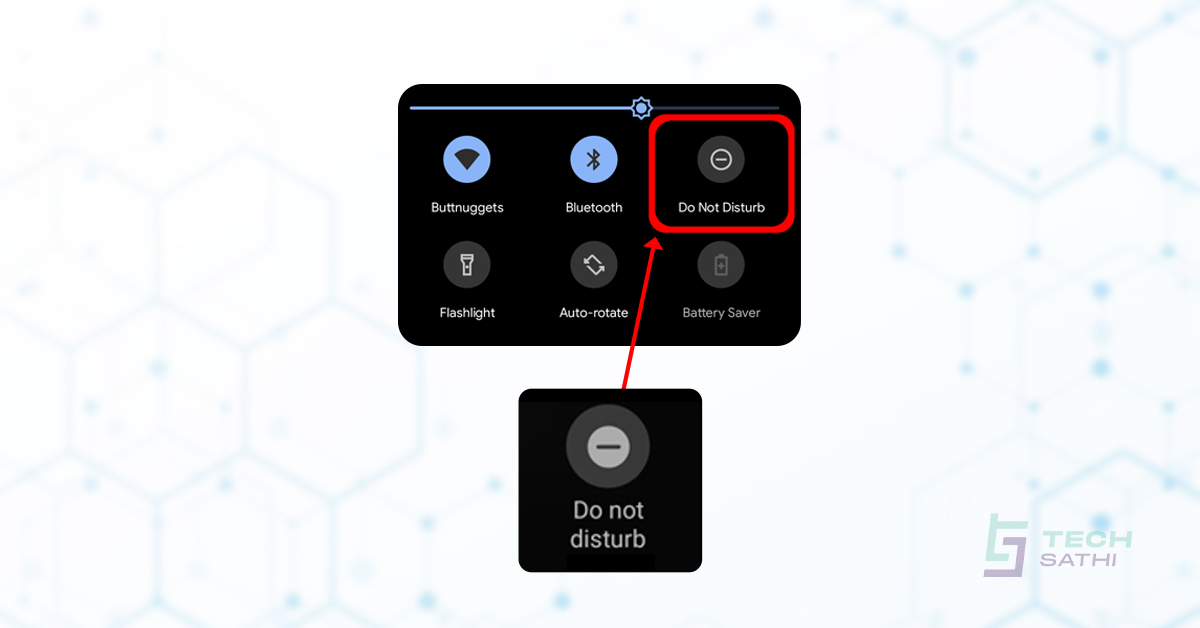Signing a deal with a web host for your new business website is the foremost task before your site goes online. The choice you make upon your hosting service provider will impact the entire business. There are numerous web hosts available who claim to offer a quality service for a reasonable cost. However, not all web hosts may suit the nature of every website, making it more stressful to choose from.
A web host provides a space on the internet for your website and makes it accessible via their server. Certain characteristic aspects like server performance, security, and backup, scalability, user-friendliness, customer support, and pricing of the hosting service provider can help you determine the best-suited host for your website.
Following are the seven most important factors you need to consider while choosing a good web hosting provider.
Server Performance and Reliability
The performance factors like uptime scores and loading speed that a web host provides to your site play a vital role in maintaining audience engagement. Frequent downtimes on a website can reduce a website’s conversion rate with a bad impression on your customers. Whereas slow loading speed can make more viewers bounce off your site.
To make your website available and accessible all the time, you should choose a web host that offers an annual uptime score of up to 99%. Also, check the host’s bandwidth and traffic capacity for uninterrupted performance. A site with better performance always feels more reliable for visitors.
Website Security
Cyber theft has always been one of the biggest extortions for online businesses. Poor security level on web hosting makes your consumers’ details vulnerable to external threats. Securely encrypted data transmission between the server and web browsers can avoid your visitors’ sensitive data from being stolen.
Other protective approaches like Antivirus scanners and Firewalls can help detect and prevent malicious programs from harming your website. Distributed monitoring prevents hackers from draining your server resources and taking down your website.
Data Backup
All the website data is stored in a server’s physical storage. So there is a risk of server disk failure or a security breach that causes data loss on your site. In case of data loss, you might need to rebuild the website from scratch. Severe data loss can even result in the complete downfall of your business.
Hence, you should only prefer a hosting service with automated data backup regularly. Some web hosts provide a one-click restoration service with updated backup so that you don’t need to back up your website manually.
Scalability for Growth
For an online business with an ever-growing trail, scalability on its web host is a must. It would help if you had multiple websites with several domains and subdomains to expand the online presence of your business. Once your website is well established and starts gaining adequate traffic, you will need to upgrade to a bigger hosting package better if considered beforehand.
Many web hosts offer different service plans as per your requirement. Add on domain features that allow you to set multiple domains on the same hosting account. This feature can save your money and effort since you don’t have to transfer or buy other hosts and provide you SEO advantages.
User Friendliness and Customer Service
Not all users might be familiar with many technical aspects of a website, so a web host needs to provide a user-friendly control panel. A complicated web host system causes less production and is always a stress to work with. To settle such user experience issues, hosting companies also provide trial sessions for your convenience.
You won’t fix every issue while operating on your website; some subjects need technical support. Therefore, a web host must run an actively responsive customer service channel with a knowledgeable representative. There you can report your problems via chat, email, or phone calls. Currently, many of the hosting service providers are US-based, making it difficult to reach for support due to time differences.
Registration and Renewal Cost
The price ranges vary with hosting service providers and the facilities they offer. There are also some free hosting services available, but they have many limitations for a business site. Some Web hosts present attractive deals during registration but might later charge extra fees for additional services. The renewal fee is also often overpriced compared to buying a new host.
You don’t necessarily have to buy a costly hosting service if your website requirement is minimum. However, if you aim to expand your business to a higher extent, you will also need to address the upcoming demand for VPS or a dedicated server solution.
Customer Satisfaction and Reviews
Regardless of the price value, a web host offers, quality always comes first. You might find an undeniable offer initially but later face unavoidable obstacles. It is always wise to follow reviews from past clients of the hosts you are interested in. It gives an idea about their reliability and reputation. Choosing a hosting service provider with a good market value can provide you with quality services for the long term. You can easily get your hand on customers’ viewpoints and satisfaction ratio through social media or several review websites. This can be a great help to make an informed decision.
Also Read: How to Save Money on Web Hosting
Conclusion
Finding a web host that perfectly matches your website requirements isn’t an easy job. The factors mentioned above make you aware of what you should be looking for in a quality hosting service. Nevertheless, web hosts constantly develop various offers to meet the clients’ most fundamental demands. An online business is an ever-growing platform that is rapidly evolving, so you need to stay updated with the necessary tools and features. To start over, list down all the features and hosting priorities you seek for your business website and search for the host that best supports your requirements.








